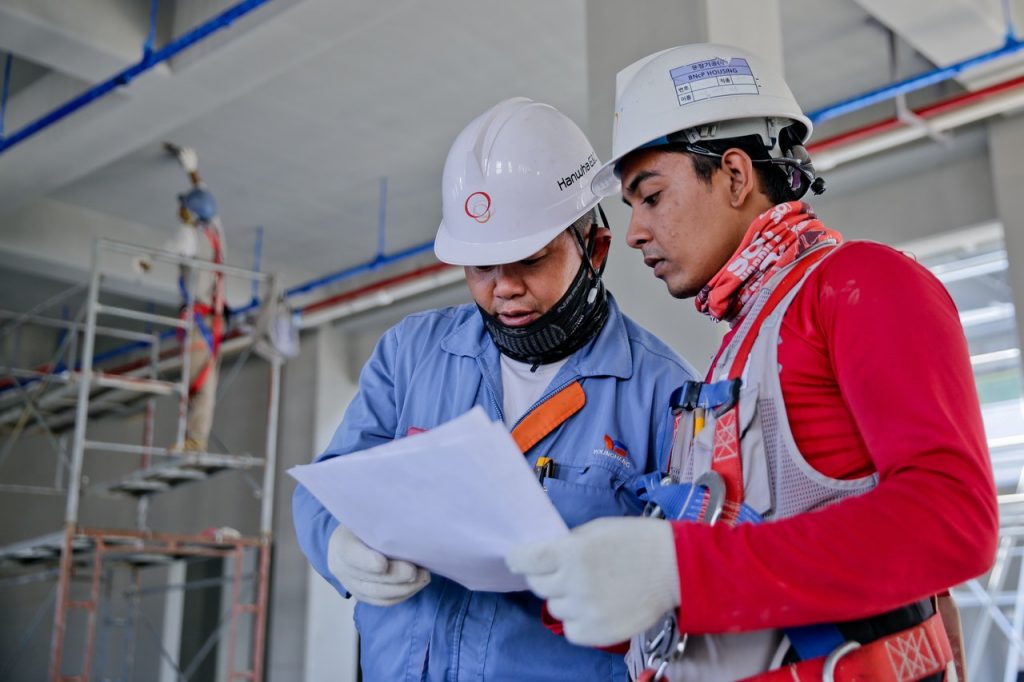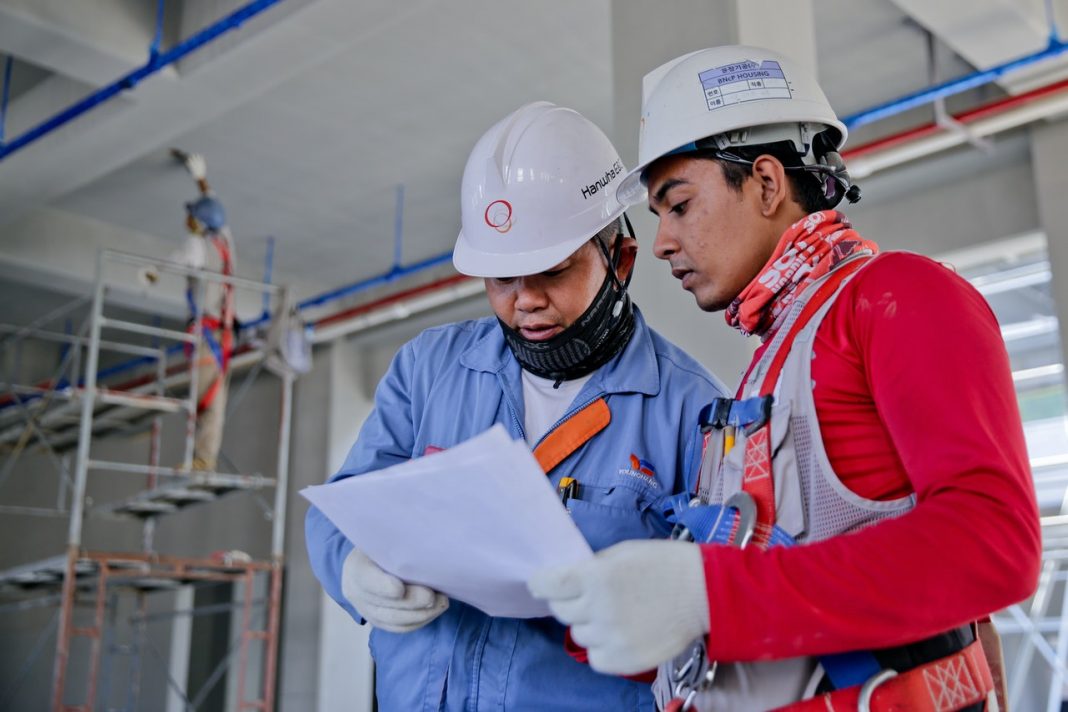Most workplaces do not have a safety culture implemented, wherein safety is seen as a priority to both the managers and the workers within the company. Changing the culture of a workplace is challenging and requires much effort.
In order to achieve this change where less accidents and incidents happen, there must be a shift in the mindset of everyone who works for the company. Having workers follow proper safety procedures and safety tools or gear will not happen as soon as policy is implemented. There must be a willingness to change as well.
Many workers, especially those in industrial and manufacturing, have been using the same tools and performing the same tasks for many years, or decades. It can be difficult for them to change their attitudes regarding new tools and procedures.
Developing a positive safety culture is not about the money saved or lost from worker incidents, but about the health of every worker in the company. Effectively implementing a safety culture will be difficult if the main goal is about saving money.
An important part of workplace culture is when workers feel like their company cares about them. A good place to start is by addressing the unwillingness to change and negativity against safety. Instead of making safety an issue about spending, it should be made a health issue. Dismantling negative feelings about safety culture should start at the top of the organisation.

Top level management should send a message of genuinely caring about the safety of their employees and make the workers more aware of it. When the workers are made aware of that, the attitude towards safety will shift to a positive one. Management should continue to stress the importance of worker safety to show the workers their priorities.
Most companies begin making safety changes to their structure after an incident has already occurred in the workplace. Take a proactive approach to safety by avoiding incidents before they happen. Consider all accidents that could happen in the work environment and do research on the safety precautions that should be taken in advance.
Include the importance of safety in safety training programs. Most safety training programs focus on how to use tools and gear in a safe and appropriate manner, instead of educating workers on the importance of safety. The training program should cover the potential injuries that can occur and the danger of not following safety procedures.





